'Forced repatriation' to pose security risk
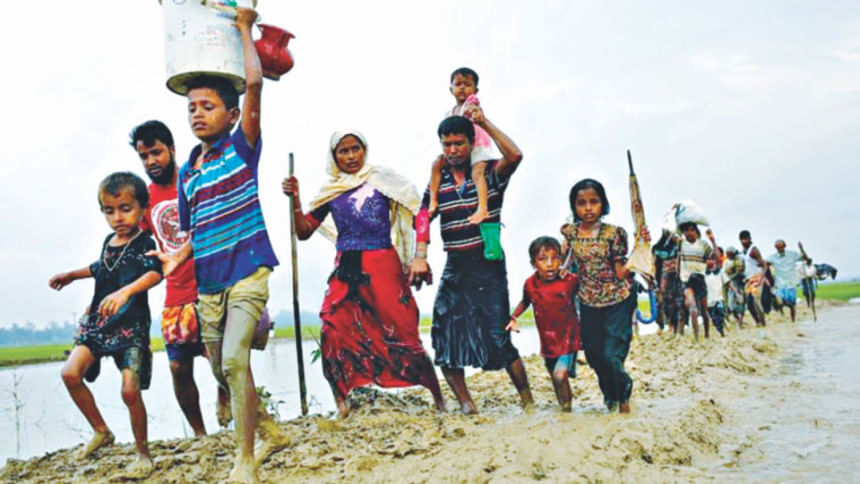
The International Crisis Group has warned of serious security risks of "forced repatriation" of the Rohingya, just as Myanmar and Bangladesh prepare for the November 15 return of the refugees sheltered in Bangladesh.
In a statement, the Brussels-based global advocacy body said Rohingyas strongly opposed the repatriation move and would do whatever they can to resist it.
"This [forced repatriation] will increase tension in the camps and could lead to confrontations between refugees and Bangladesh security forces and greatly complicate humanitarian operations.
"A botched repatriation attempt could potentially set back peace and development efforts by years," said the statement released yesterday.
It comes two weeks after Bangladesh and Myanmar agreed to begin the repatriation in mid-November, the deal for which they signed last year in November.
Additionally, the UNDP, UN Refugee Agency and Myanmar signed a tripartite deal on Rohingya repatriation in June this year.
Meanwhile on Sunday, Win Myat Aye, Myanmar's Minister for Social Welfare and Resettlement, said they were ready to receive more than 2,000 Rohingya Muslims on November 15, the first from 5,000 people verified by Myanmar, reported Reuters.
"It depends on the other country, whether this will actually happen or not," he said at a press conference in Yangon, referring to Bangladesh.
"But we must be ready from our side. We have done that."
But in a possible setback, more than 20 individuals on a list of potential returnees submitted by Bangladesh told Reuters they would refuse to go back to northern Rakhine State from where they fled.
However, Abul Kalam, Bangladesh relief and repatriation commissioner, said the return would be totally voluntary and expressed hope that it would begin on Thursday.
"The return will be voluntary. Nobody will be forced to go back."
Some 750,000 Rohingyas have fled the military crackdown which began in August last year in Myanmar's Rakhine state.
The victim's testimonies highlighted how soldiers and local Buddhists massacred families burned hundreds of villages and carried out gang-rapes.
UN-mandated investigators have accused the Myanmar army of "genocidal intent" and ethnic cleansing.
CONCERNS UNADDRESSED
The United Nations said conditions were not yet safe for the Rohingyas' return, in part because Myanmar Buddhists had been protesting against the repatriation.
To this end, the International Crisis Group (ICG) said the repatriation process, without consultations and preparations needed in Rakhine state, could easily inflame hostilities and provoke violence against returnees in Rakhine state.
Highlighting another problem, it said that if refugees feared that they would be forced back to Myanmar, they may become desperate to leave the camps and to attempt dangerous sea journeys across the Bay of Bengal to Thailand, Malaysia, Indonesia or other countries.
It recommended that Bangladesh and Myanmar immediately halt plans to return refugees to Rakhine State until they can ensure a process of voluntary, safe and dignified return.
"The onus is squarely on Myanmar to create those conditions."
In the meantime, Myanmar should grant unfettered access for the UN and its international NGO partners, as well as the media, to northern Rakhine for the delivery of essential humanitarian support and assessment of the situation on the ground.
Bangladesh and its international partners should deepen their political engagement with the Rohingya refugees and consult them on their future, while China should stop pressing for an early repatriation, ICG said.
Fortify Rights also made similar demands.
"Rohingya refugees shouldn't be treated like subjects in a bilateral chess match. They have rights," said Matthew Smith, head of Fortify Rights.
Meanwhile, the UN's refugee agency on Sunday said that Rohingya refugees should be allowed to go and see the conditions in Myanmar before they decide to go back.

 For all latest news, follow The Daily Star's Google News channel.
For all latest news, follow The Daily Star's Google News channel. 


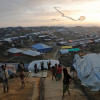
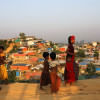

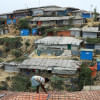
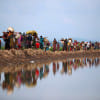


Comments